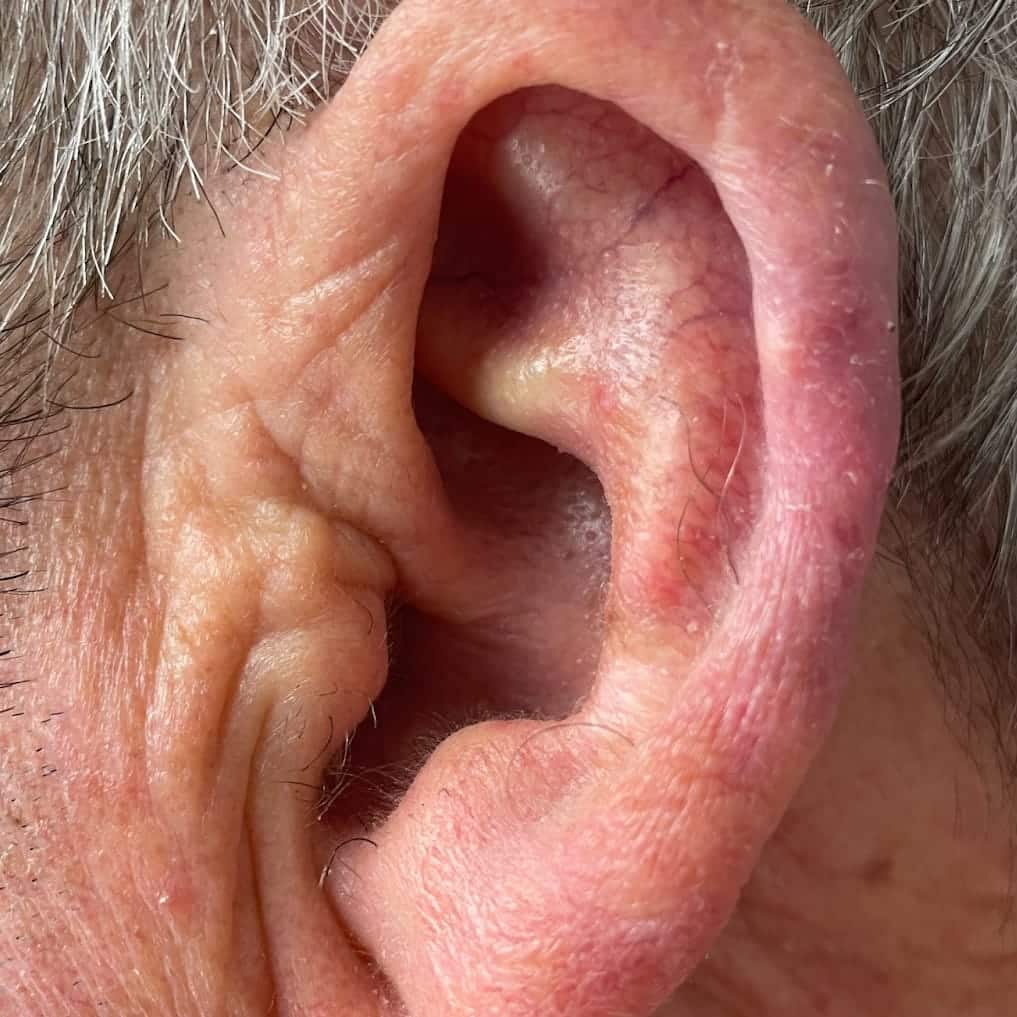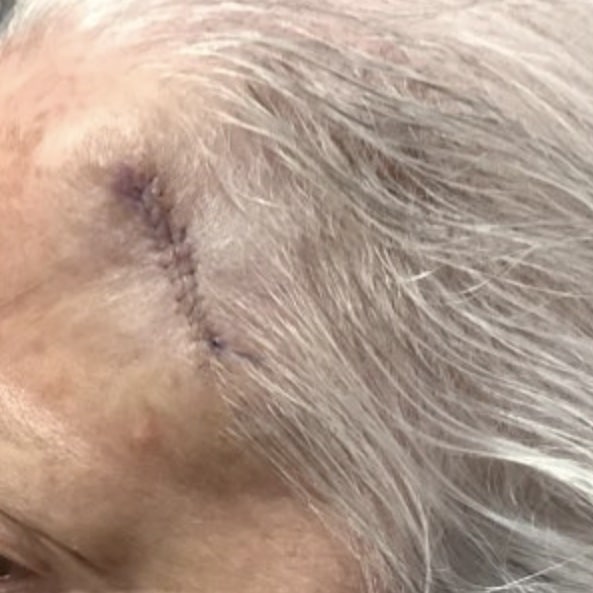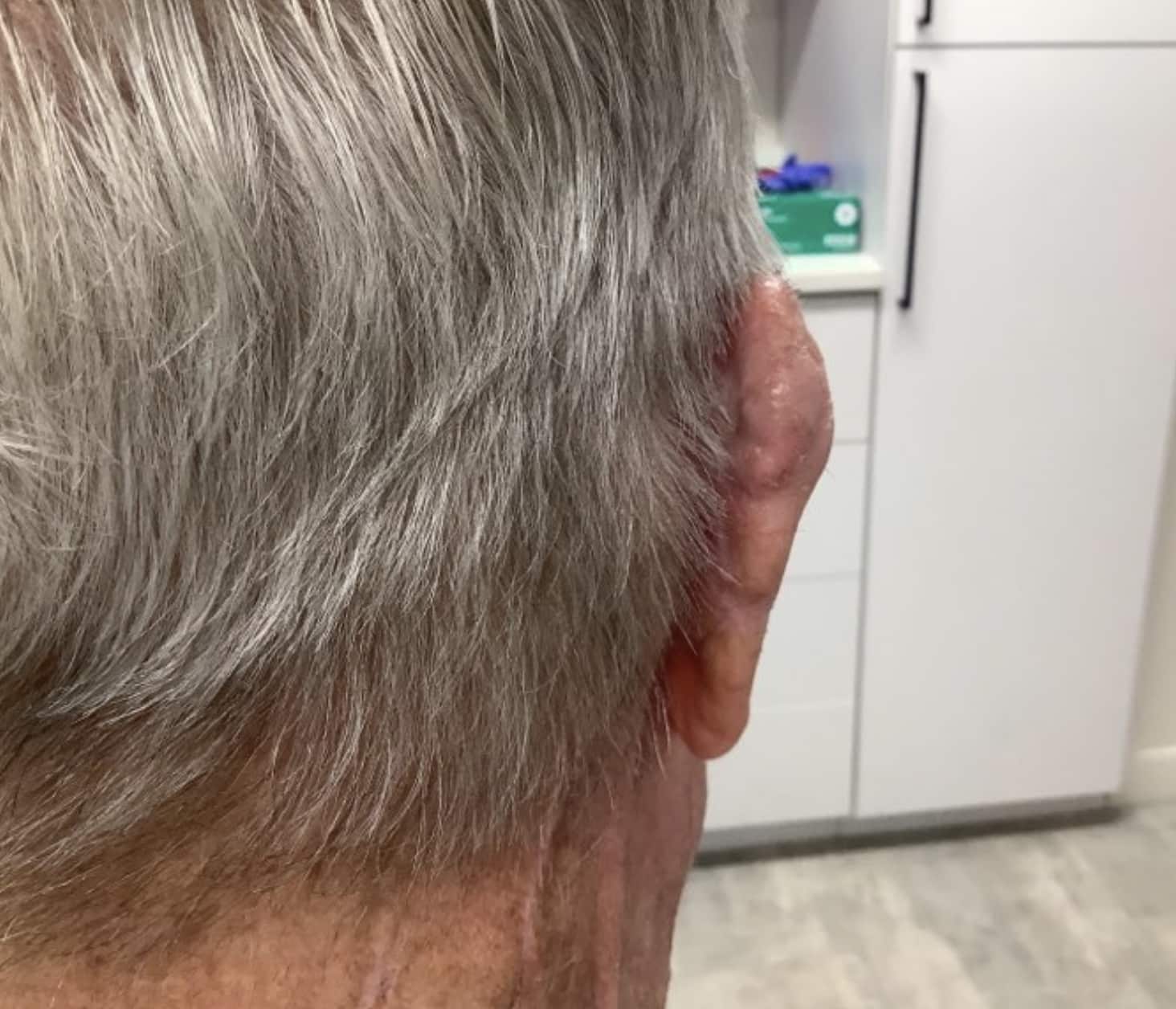Written By Dr. Jaryd Freedman
Dermatologists play a crucial role in caring for patients who have had or are considering solid organ transplantation. Due to the immunosuppressive medications, they must take to prevent transplant organ rejection, organ transplant recipients have an increased risk of skin cancer.
How high is the risk of skin cancer in transplant patients?
While the risk of all skin cancers is increased in this population, the risk of squamous cell carcinoma in organ transplant patients increases most dramatically with rates 65 to 250 times greater than the general population.
Organ transplant recipients also have increased risk of progression to advanced stage and death from skin cancer.
What can transplant patients do about the increased risk of skin cancer?
With all cancers, skin cancers included, early detection is the most important factor for preventing serious complications and death. Most skin cancers can be easily treated with surgical measures, like Mohs surgery, or other measures in their early stages.
In addition, there are treatments and regimens that can be recommended and prescribed to help reduce the risk of skin cancer, especially in the transplant population.
What other dermatologic conditions can organ transplant patients get?
In addition to increased skin cancer risk, there are other infectious and inflammatory disorders for which transplant patients have higher risk. Solid organ transplantation can increase the risk of many different skin disorders that a well trained dermatologist can help manage.
How often should you see a board-certified dermatologist after an organ transplant?
Organ transplantation is a critical intervention for many patients, and the dermatologist is an essential part of the organ transplant care team.
It is critical for every transplant patient to have a full skin exam by a board-certified dermatologist prior to transplantation and then at least yearly thereafter, with more frequent exams for higher risk patients.
At Dermatology of Philadelphia all of our doctors are board certified dermatologists with expertise in managing transplant patients.





